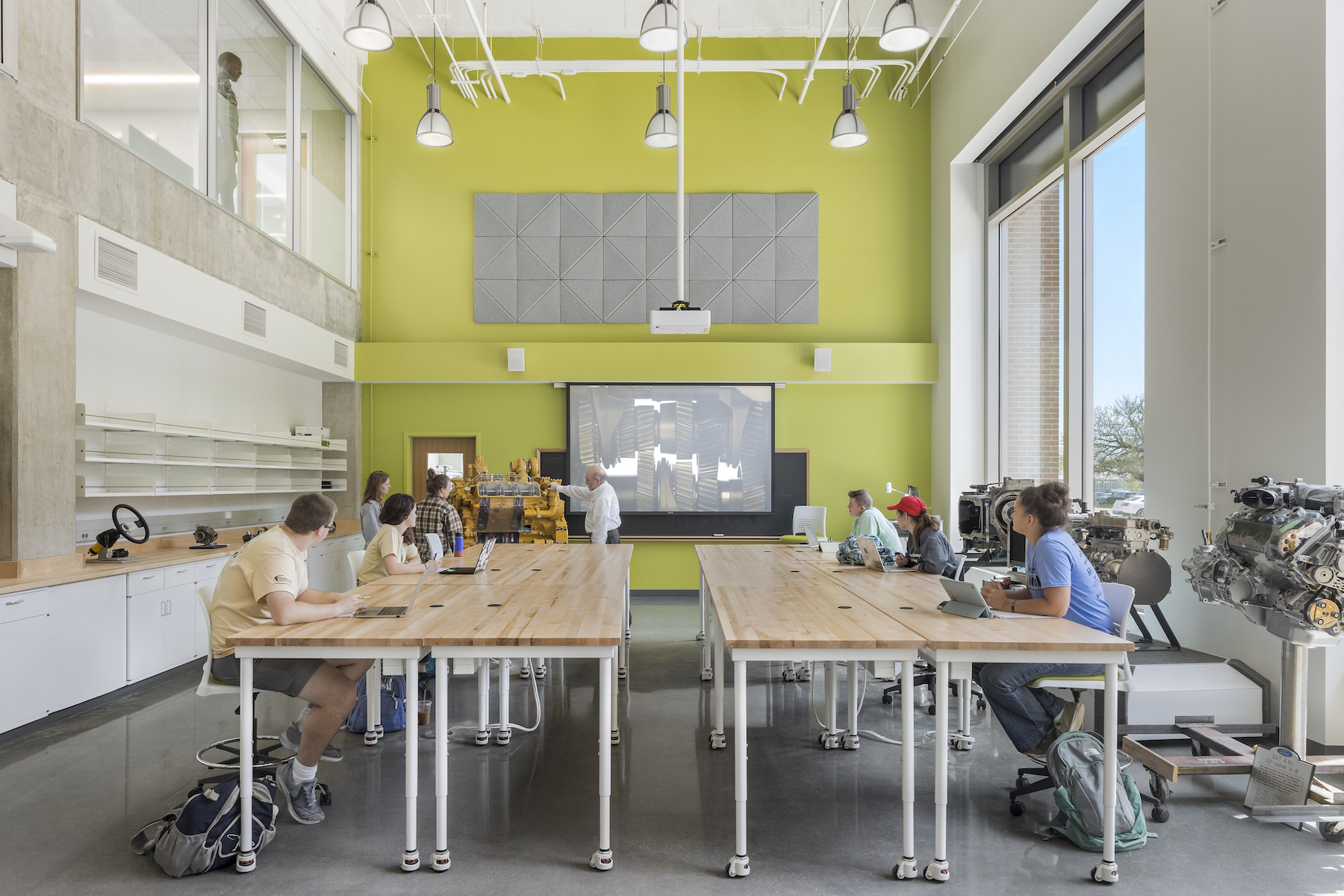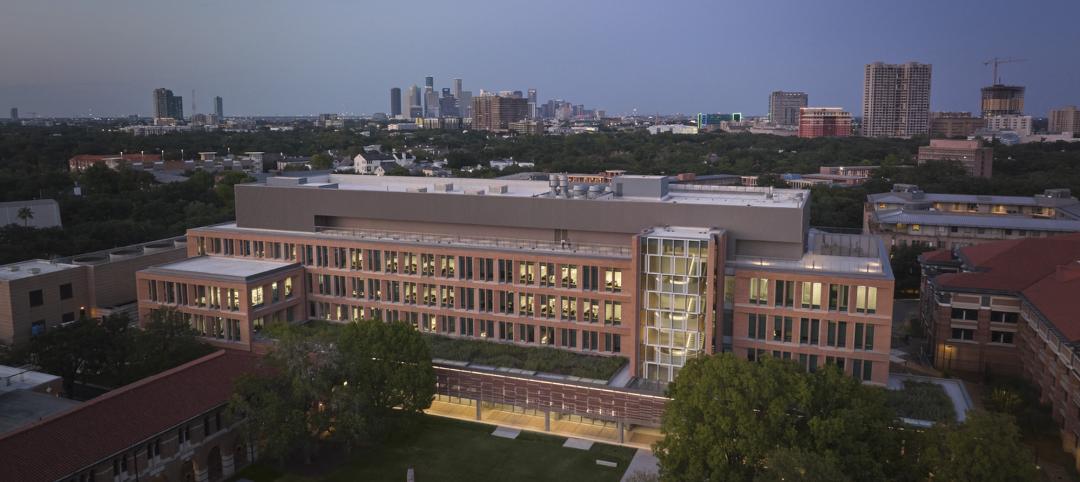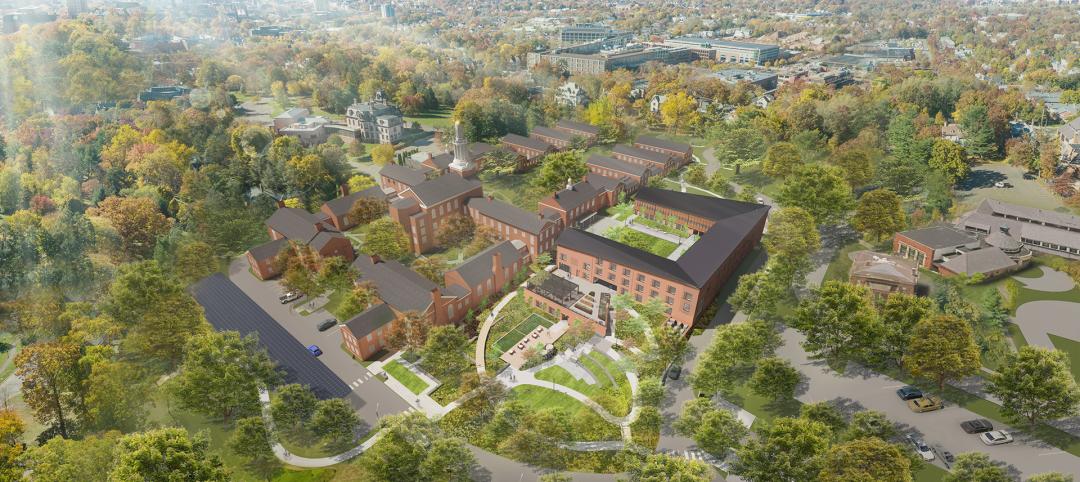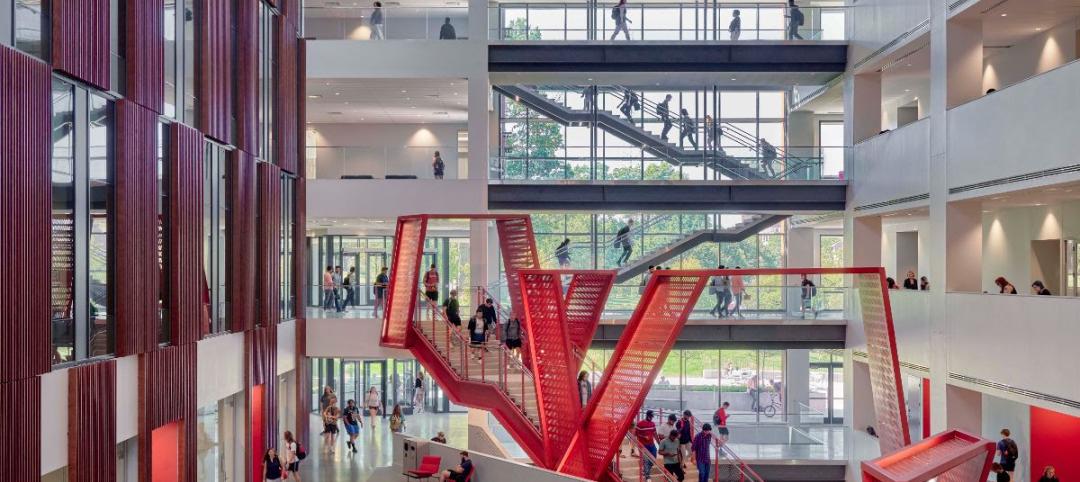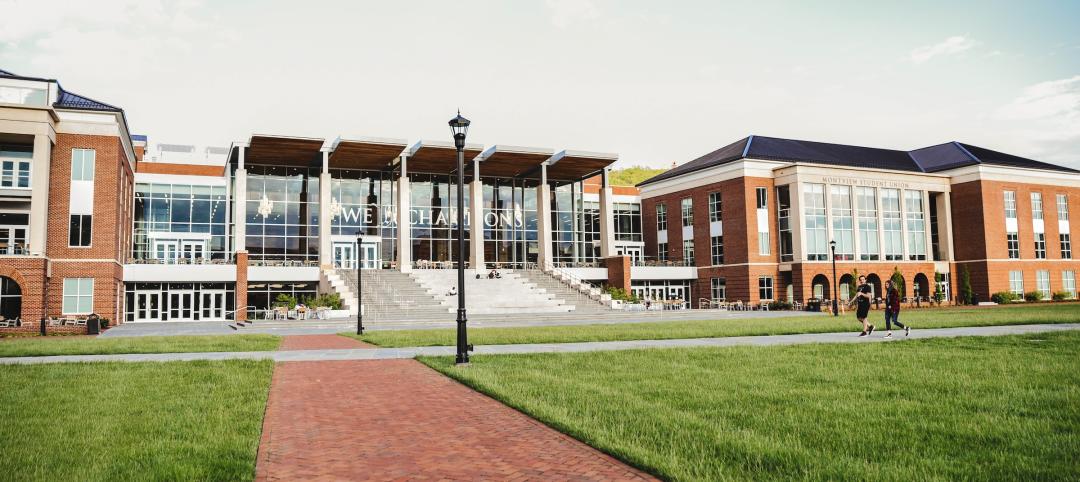While the debate persists among office workers and employers on when and how “return to work” will occur as the COVID-19 pandemic wanes, there is little doubt about what the nation’s 19.7 million college and university students are planning to do this fall.
They want out of mom and dad’s house. They want to be back on campus. And, it’s not up for debate, according to a survey of more than 1,500 college students by student housing developer and manager Core Spaces. The study, conducted among residents of Core Spaces properties across 14 states, showed that an overwhelming majority—92 percent—said they wanted to come back to campus when classes began for the spring 2021 semester, up from 89 percent in the fall 2020 semester. Moreover, nearly 88 percent said that they planned to go back to campus even if online/distance learning protocols were still in place. (Core Spaces has not released data for the fall 2021 semester, but we surmise that this sentiment will hold true.)
The rush back to campus places the pressure squarely on higher education institutions to maintain health and safety protocols campus-wide to help prevent the spread of the coronavirus. In fact, public health and safety just might be the new in-demand amenity at U.S. universities and colleges, according to a research study on college/university selection factors by JLL’s Higher Education team.
The JLL survey asked 500 parents of high school-aged children who are currently evaluating higher education institutions to rank their top selection factors for choosing a school. Not surprisingly, “quality of academics” and “affordability of college or university” were cited most often by parents. The eye-opener was number three on parents’ wishlist—“campus cleanliness and indoor air quality”—which was cited as an “important” or “somewhat important” factor in the selection process by 84 percent of respondents. IAQ/cleanliness outranked more traditional selection factors like location, campus housing options, financial strength of the school, diversity of the student body, and commitment to sustainability.
Admittedly, most parents—59 percent—said that they did not consider campus air quality a factor prior to the COVID-19 pandemic. Ron Gregory, JLL Higher Education’s Executive Vice President North America, believes that prospective students and their parents will demand “the highest standards around cleanliness and air quality” from their school of choice.
JLL says cleanliness extends to the overall look and feel of the campus and the physical condition of the buildings. Nearly nine in 10 respondents—88 percent—said the physical condition of buildings was important; 86 percent for campus condition.
“While transparency around campus cleanliness and air quality remains top of mind, the way prospective students and their families perceive the health and safety of the campus based upon appearance could also play a pivotal role in the decision process,” the study’s authors wrote.
The survey also sheds light on the growing importance of sustainability on college campuses. More than a fifth of parents—21 percent—indicated that the pandemic raised their awareness of a school’s overall commitment to sustainability.
Related Stories
University Buildings | Jan 18, 2024
Houston’s Rice University opens the largest research facility on its core campus
Designed by Skidmore, Owings & Merrill (SOM), the 251,400-sf building provides students and researchers with state-of-the-art laboratories, classrooms, offices, and a cafe, in addition to multiple gathering spaces.
Sponsored | BD+C University Course | Jan 17, 2024
Waterproofing deep foundations for new construction
This continuing education course, by Walter P Moore's Amos Chan, P.E., BECxP, CxA+BE, covers design considerations for below-grade waterproofing for new construction, the types of below-grade systems available, and specific concerns associated with waterproofing deep foundations.
University Buildings | Jan 15, 2024
The death of single-use university buildings
As institutions aim to improve the lives of their students and the spaces they inhabit, flexible university buildings may provide an all-in-one solution.
University Buildings | Dec 8, 2023
Yale University breaks ground on nation's largest Living Building student housing complex
A groundbreaking on Oct. 11 kicked off a project aiming to construct the largest Living Building Challenge-certified residence on a university campus. The Living Village, a 45,000 sf home for Yale University Divinity School graduate students, “will make an ecological statement about the need to build in harmony with the natural world while training students to become ‘apostles of the environment’,” according to Bruner/Cott, which is leading the design team that includes Höweler + Yoon Architecture and Andropogon Associates.
University Buildings | Dec 5, 2023
The University of Cincinnati builds its largest classroom building to serve its largest college
The University of Cincinnati’s recently completed Clifton Court Hall unifies the school’s social science programs into a multidisciplinary research and education facility. The 185,400-sf structure is the university’s largest classroom building, serving its largest college, the College of Arts and Sciences.
Products and Materials | Nov 30, 2023
Top building products for November 2023
BD+C Editors break down 15 of the top building products this month, from horizontal sliding windows to discreet indoor air infusers.
Higher Education | Nov 21, 2023
UPitt at Bradford opens new Engineering & Information Technologies Building
The University of Pittsburgh at Bradford recently opened a new engineering and information technology building that adds urgently needed lab and instructional space to the campus.
Esports Arenas | Oct 10, 2023
Modular esports arena attracts more than gamers
As the esports market continues to grow to unprecedented numbers, more facilities are being developed by universities and real estate firms each year.
Higher Education | Oct 10, 2023
Tracking the carbon footprint of higher education campuses in the era of online learning
With more effective use of their facilities, streamlining of administration, and thoughtful adoption of high-quality online learning, colleges and universities can raise enrollment by at least 30%, reducing their carbon footprint per student by 11% and lowering their cost per student by 15% with the same level of instruction and better student support.
Giants 400 | Sep 28, 2023
Top 80 University Building Engineering Firms for 2023
AECOM, Jacobs, BR+A, and Salas O'Brien head BD+C's ranking of the nation's largest university sector engineering and engineering/architecture (EA) firms for 2023, as reported in Building Design+Construction's 2023 Giants 400 Report. Note: This ranking includes revenue for all university/college-related buildings except student residence halls, sports/recreation facilities, laboratories, S+T-related buildings, parking facilities, and performing arts centers (revenue for those buildings are reported in their respective Giants 400 ranking).


